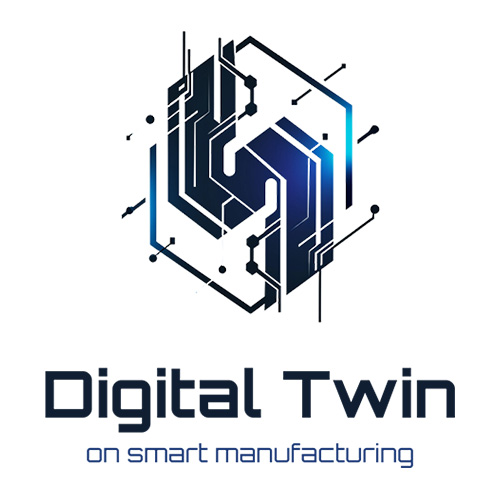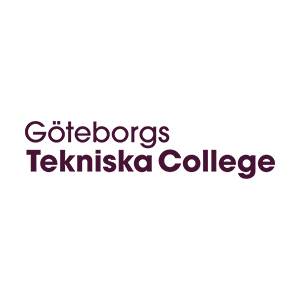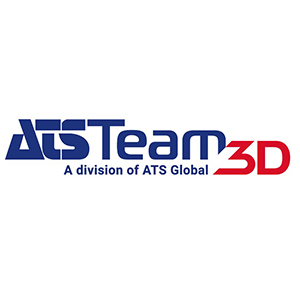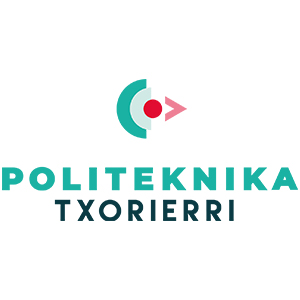The Digital Twin on Smart Manufacturing project aims to integrate digital twin technology within the manufacturing sector. Over three years, the project will develop training modules, virtual labs, and host skills competitions across five nations to advance digital and virtual technologies in manufacturing, reflecting the objectives of Industry 4.0. The project’s goal is to improve cooperation between educational and vocational training providers (EDU-VET) and businesses. It focuses on better matching training with what industries need and improving how companies handle setting up, making, and maintaining things. To meet these goals, the project includes activities like creating lists of necessary digital twin skills and job roles, developing digital twin training programs, testing these training programs, and holding national and international competitions to showcase skills. These efforts aim to close the gap between schools and the workplace, solve the lack of trained workers for certain technologies, and enhance the ability of European companies to compete globally.
Learningdigital partners with other European partners from Finland, Ireland, and Greece, all experts in the field of VET and/or digital education. The objectives of the project are to improve the ability of EDU-VET providers to meet companies’ requests, enhance companies’ performance in commissioning, production, and maintenance, and improve the ability of EDU-VET providers to adapt training to industry needs.
Implementation involves collaborative efforts, utilizing transnational meetings and online platforms to develop user-friendly, sustainable deliverables. These include the Digital Twin Skills Index, a Self-Evaluation Tool, a 450-Hour E-Learning Course, a Digital Twin Training Methodology and Users’ Manual, Digital Twin Labs, National and International Skills Competitions, a Digital Twin Occupation Profile, and Micro-Credentials.
Anticipated results include significant advancements in vocational education and training (VET), higher vocational education and training (HVET), higher education (HE), and the manufacturing industry. The project aims to enhance the integration of digital twin technologies and support the digital and green transformation within the industry.
For other enquiries, please contact us.











